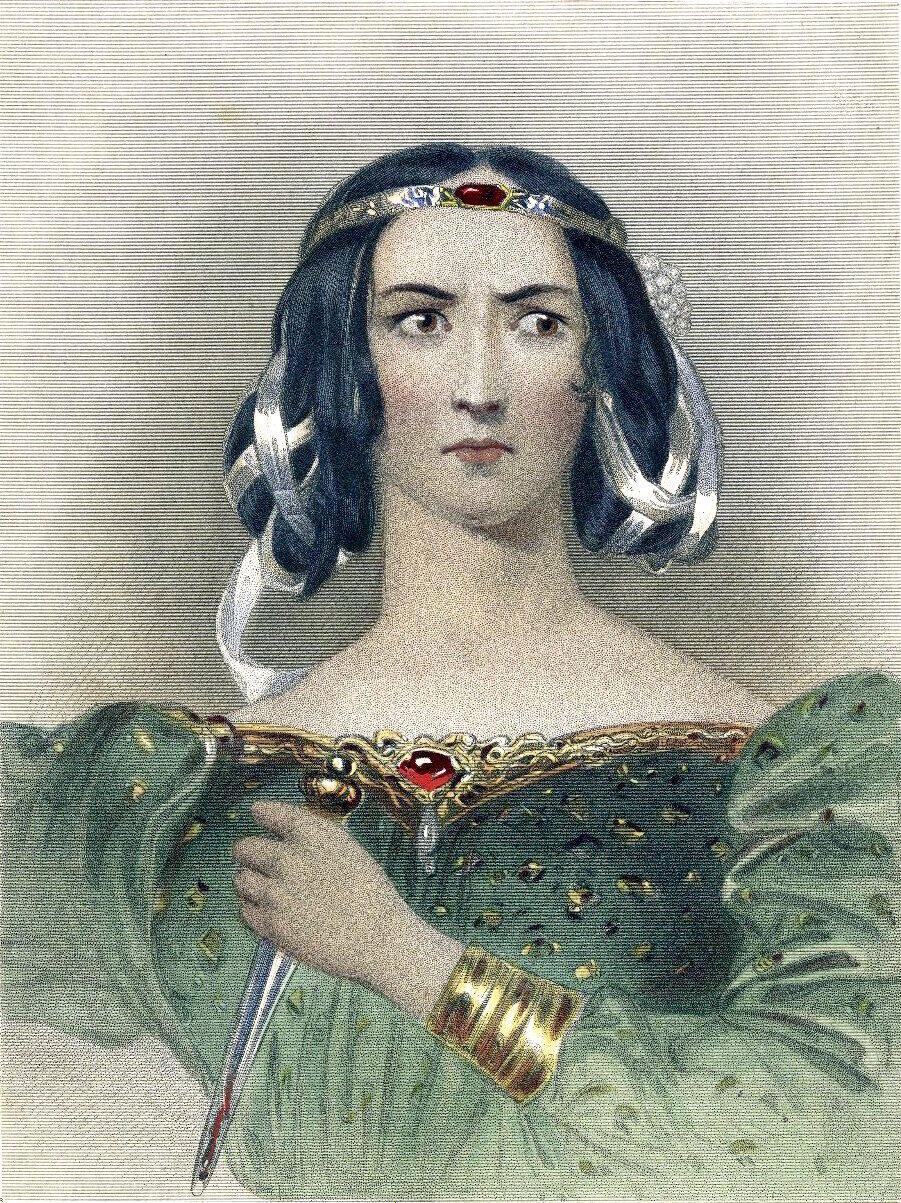With Shakespeare Day coming up on April 23rd, there’s no better time to test your knowledge of the world’s most famous playwright. From his legendary plays and sonnets to the words he introduced into the English language, how much do you really know about the Bard of Avon? Shakespeare's works have shaped literature, theatre, and even everyday speech, proving that his influence is as strong today as it was in the 16th century. Take this quiz to see if you’re a Shakespeare expert or if you still have a few acts left to study!
Quiz
Quiz :
The Power of Shakespeare’s Stories
What makes Shakespeare’s plays so enduring? The answer lies in their universal themes. His tragedies, comedies, and histories explore love, ambition, betrayal, and fate - topics that still resonate today. Whether it’s the doomed romance of Romeo and Juliet, the political intrigue of Julius Caesar, or the dark ambition of Macbeth, his stories continue to captivate audiences around the world.
Beyond their themes, his characters are remarkably real and complex, with emotions and struggles that audiences can still relate to. His plays are frequently adapted for modern settings, proving that the heart of his storytelling is truly timeless.

👑 The Role of Women
While Shakespeare's plays reflect the social norms of his time, they also feature strong, multi-dimensional female characters. Shakespeare wrote about women who were more than mere plot devices, such as the cunning and resourceful Lady Macbeth and the witty Beatrice in Much Ado About Nothing. However, the role of women on stage during Shakespeare’s time was restricted, as all female roles were played by men.
🏛️ Political Commentary
Shakespeare’s plays often contain subtle political commentary, reflecting the political climate of his time. In works like Julius Caesar and Macbeth, he explores themes of power, ambition, and betrayal. His exploration of these themes resonates not only in the context of his own time, when England was under the rule of monarchs like Queen Elizabeth I and James I, but continues to be relevant in modern political discussions. His ability to delve into the dynamics of statecraft has solidified his works as important texts for understanding the complexities of leadership and governance.

Shakespeare’s Legacy Today
Shakespeare's legacy is one of unparalleled influence on both the English language and global culture. His ability to craft deeply human characters and explore complex themes like love, power, betrayal, and ambition has made his works timeless. Even centuries after his death, his plays are still widely read, performed, and adapted around the world. Beyond literature, Shakespeare's phrases and expressions have permeated everyday language, shaping the way we communicate. Here are just a few of over a thousand phrases coined by Shakespeare:
| Phrase | Play/Context |
|---|---|
| All's well that ends well | All's Well That Ends Well |
| Dead as a doornail | Henry IV, Part 2 |
| Fair play | The Tempest |
| Foregone conclusion | Othello |
| Into thin air | The Tempest |
| Let the cat out of the bag | The Comedy of Errors |
| Method in the madness | Hamlet |
| The green-eyed monster | Othello |
| Too much of a good thing | As You Like It |
| It's Greek to me | Julius Caesar |
This video by King's College London explores his lasting impact on modern theatre and literature, highlighting how his storytelling techniques, themes, and linguistic innovations continue to inspire contemporary audiences.
Shakespeare's influence extends beyond the stage —his works have shaped modern storytelling structures, character archetypes, and even philosophical debates about human nature. His plays have been reimagined in countless forms, from Hollywood films and television adaptations to novels, musicals, and graphic novels. Whether through direct adaptations or subtle references, Shakespeare remains an integral part of cultural discourse, bridging the past and present in a way few other writers have achieved.
In your opinion, which is the greatest Shakespeare play of all time?
Enjoyed this article? Leave a rating!
Summarize with AI:

















